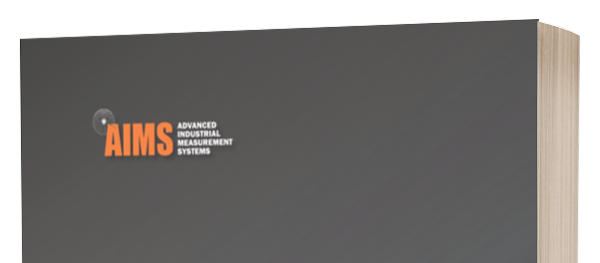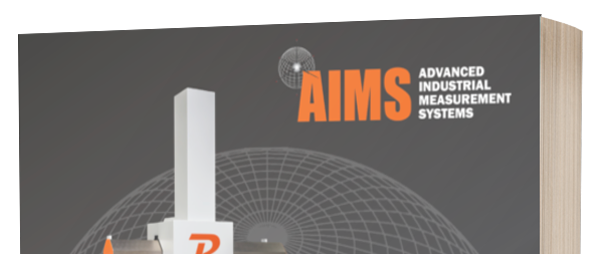For most manufacturers spring cleaning means more than just manually wiping down machine surfaces and removing waste particles. And besides, basic cleaning, lubrication and maintenance should be done on a regular basis right? Some experts will tell you it’s about organizing paperwork and optimizing production processes. Others might advise you to look for ways to digitize and streamline your manufacturing flow. Companies also take this time of year to review partnerships, find ways to identify inefficiencies, save time and communicate with personnel more effectively.
When it comes to quality and inspection practices with coordinate measuring machines (CMM), we have a few spring cleaning tips of our own. Let’s start with software. Are your systems up to date? In January Microsoft announced it would no longer support Windows 7 operating system. If you’ve been dragging your feet about making the change, you no longer have an option. You have to transition to Windows 10. And if you are using Modus software you will need to upgrade to Version 1.8 or higher because the previous version won’t run on Windows 10. Ensuring software is current also means you have the latest performance improvements from Advanced Industrial Measurement Systems (AIMS) as well as maintaining virus protection and malware software, something that is increasingly important these days.
Calibration isn’t necessarily a job reserved for spring but it is something to consider. The general rule of thumb is to calibrate your CMM one year after installation and then annually. If you have multiple CMMs, scheduling calibration for all of the machines at the same time will provide a cost savings. Annual calibration ensures accurate results and establishes documentation that can be traced to NIST standards in support of ISO requirements. If it’s been a while since you had your CMM calibrated there are several things you should keep an eye out for. Are you getting unrealistic numbers from the CMM or data it generates? When you measure a part multiple times without moving it do you get results that vary from run to run? A major crash is a scenario manufacturers are looking to avoid but it can be the end result if regular calibrations are overlooked for too long.
Retrofitting older equipment is an effective way to upgrade your operations and it might also be something to consider if you preparing to support pent up demand once business operations resume. Retrofitting an older CMM probe head like a PH10 with a 5-axis PH20 or REVO can boost throughput significantly.
Give us a call and talk to us about your needs. We can schedule a phone or web conference to get you headed in the right direction.

